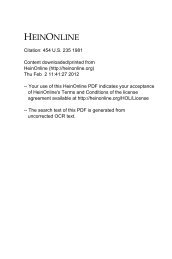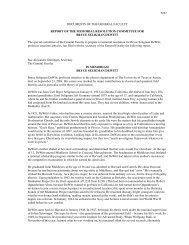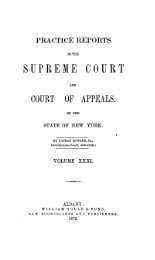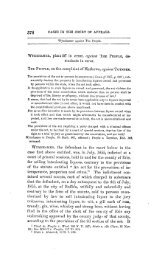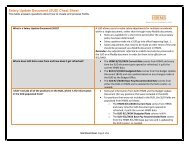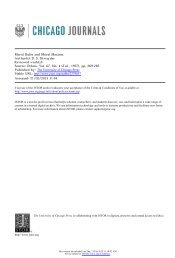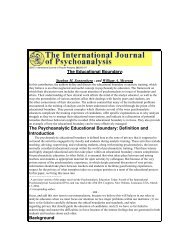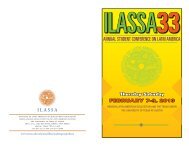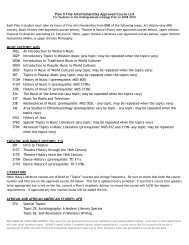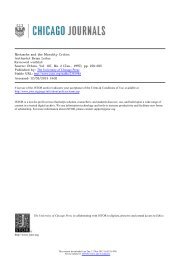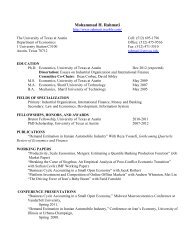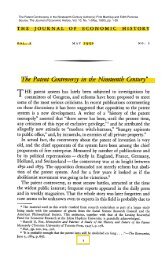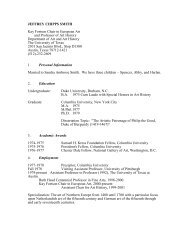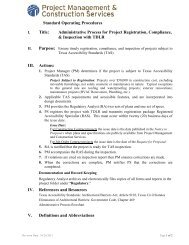Copyright by Gregory Krauss 2007 - The University of Texas at Austin
Copyright by Gregory Krauss 2007 - The University of Texas at Austin
Copyright by Gregory Krauss 2007 - The University of Texas at Austin
You also want an ePaper? Increase the reach of your titles
YUMPU automatically turns print PDFs into web optimized ePapers that Google loves.
opinion <strong>of</strong> the text. Lister suggested several changes which made the text less<br />
confront<strong>at</strong>ional but probably more likely to garner support from St<strong>at</strong>e Department<br />
<strong>of</strong>ficials for Korean democracy. 64 Kim accepted Lister’s changes, and he gave the<br />
speech to a standing room crowd on January 23, 1985. <strong>The</strong> speech was a “gre<strong>at</strong><br />
success” and was met <strong>by</strong> “much applause” Lister reported to Abrams th<strong>at</strong> day. 65 After<br />
the speech, Kim lunched <strong>at</strong> the eighth floor restaurant with various <strong>of</strong>ficials, mainly<br />
from the East Asian and human rights bureaus. 66<br />
Soon after the speech Kim returned to South Korea and was placed under<br />
house arrest. His return, however, helped intensify the pro-democracy movement. 67<br />
At the human rights bureau, Lister became “inund<strong>at</strong>ed” with visits from Korean<br />
democr<strong>at</strong>ic groups. 68 U.S. policy towards the South Korean regime finally started to<br />
change. Ambassador David Walker, who had refused to meet with the democr<strong>at</strong>ic<br />
opposition, was replaced in 1986. 69 In February 1987, Assistant Secretary <strong>of</strong> St<strong>at</strong>e<br />
Gaston Sigur, Wolfowitz’s successor <strong>at</strong> the East Asian bureau gave a speech in which<br />
he called on the Korean government to democr<strong>at</strong>ize or face losing U.S. support. 70<br />
Sigur’s comments were followed <strong>by</strong> more U.S. pressure. 71 In June 1987, Chun agreed<br />
to relinquish the South Korean presidency and allow direct elections. 72 Kim Dae Jung<br />
ran in those elections and lost, but democracy in South Korea had been largely<br />
restored.<br />
James Fowler has written th<strong>at</strong> U.S. public pressure was one <strong>of</strong> the keys to<br />
Chun’s decision to permit elections in 1987. 73 Attempting to explain U.S. policy,<br />
110



